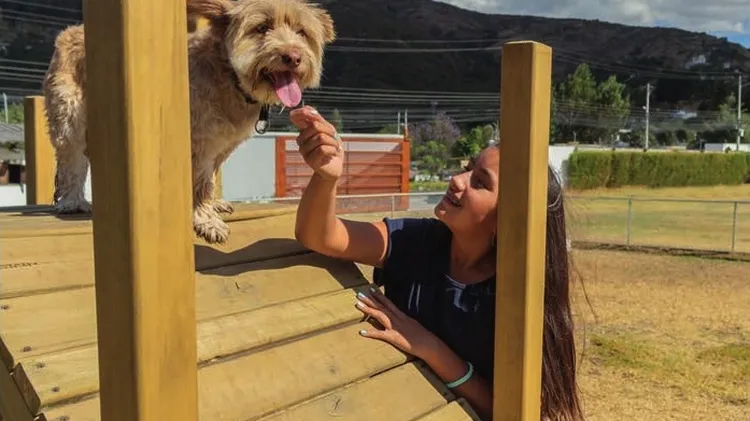What does it take to become a good dog trainer? Do you start as a full-
Becoming a dog trainer
9 min read
This article is from...
Read this article and 8000+ more magazines and newspapers on Readly






